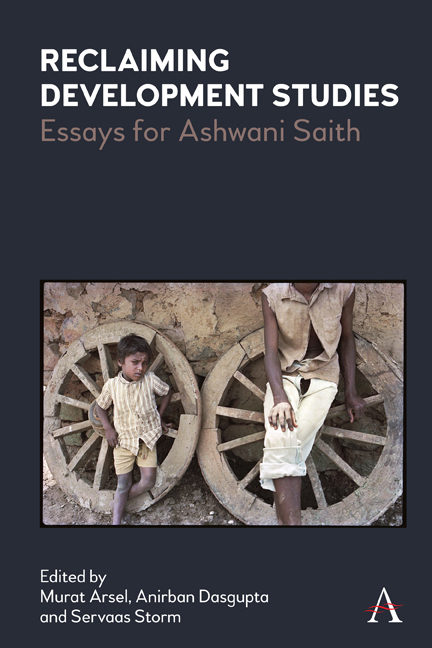Chapter Twelve - India’s Social Inequality as Durable Inequality: Dalits and Adivasis at the Bottom of an Increasingly Unequal Hierarchical Society
Published online by Cambridge University Press: 23 February 2022
Summary
Introduction
This chapter dwells on the economic and social position of two large groups of people referred to as ‘Dalits’ and ‘Adivasis’ – officially classified as Scheduled Castes (SC) and Scheduled Tribes (ST) in India within a framework of social inequality that continues to be structured in a hierarchical order, broadly speaking. While the former means ‘oppressed’ and constitutionally refers to a large collection of castes in India who were historically treated as ‘untouchables’, the latter means ‘original or earliest settlers’ who constitute a large collection of tribes and usually lived in forests and mountainous regions with limited, if not nil, interaction with the ‘mainstream’ society. A steady process of exploitation and subordination by elites and rulers as well as non-elites had resulted in them remaining at the bottom of India’s hierarchical social structure. Since independence in 1947 and the adoption of a republican constitution in 1950, the governments in India, both at the central and provincial levels (called state-level), are mandated to address their economic and social deprivations and thereby reduce the existing, what may be called, extreme inequality. Positive discrimination in the form of reservation of electoral constituencies to ensure political participation, reservation of a certain share of jobs in the central and state governments and similar reservation in admissions to higher education is an important component of this constitutional mandate. In addition, there are a large number of promotional measures to reduce consumption poverty and ensure access to educational and other opportunities. Special legislative enactments are also in place to prevent what are called ‘atrocities’ and crimes. Special commissions are also in place to monitor the progress, respond to grievances and alert the governmental system on important matters of concern.
Yet studies have confirmed the practice of what may be called ‘caste discrimination’ in which the Dalits and Adivasis continue to be relegated to the bottom. Economic analysis of disparity and discrimination is an expanding area of research in India with notable contributions. The question of the intersection of caste and class is another issue that has been raised not only in academic studies but also in political praxis.
- Type
- Chapter
- Information
- Reclaiming Development StudiesEssays for Ashwani Saith, pp. 227 - 260Publisher: Anthem PressPrint publication year: 2021



